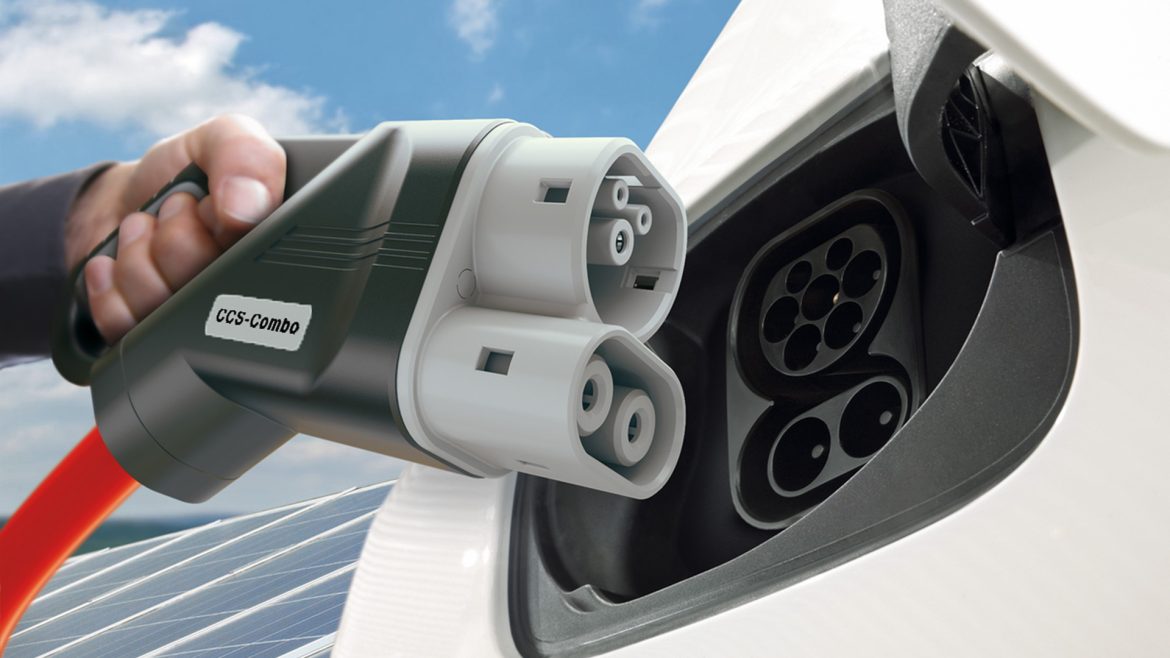As the world grapples with the challenges posed by climate change and rising fuel costs, the automotive industry is under increasing pressure to develop more sustainable transportation solutions. One such solution that has garnered significant attention is the concept of a full-size pickup truck capable of achieving an astounding 100 miles per gallon (MPG) fuel efficiency. In this article, we will delve into the legal implications and theoretical considerations surrounding this groundbreaking innovation.
The Legal Implications of a 100-MPG Full-Size Pickup Truck
From a legal standpoint, introducing a 100-MPG full-size pickup truck would necessitate compliance with stringent environmental regulations and safety standards. Manufacturers would need to ensure that their vehicles meet or exceed emissions standards set forth by regulatory bodies such as the Environmental Protection Agency (EPA). Additionally, adherence to safety protocols established by organizations like the National Highway Traffic Safety Administration (NHTSA) would be paramount in order to guarantee occupant protection in case of accidents.
In terms of consumer rights, pricing transparency becomes crucial when considering what individuals would be willing to pay for such an innovative vehicle. It is essential that manufacturers provide accurate information regarding both upfront costs and long-term savings associated with owning a 100-MPG full-size pickup truck. This includes detailing potential tax incentives or rebates available at federal or state levels for eco-friendly vehicles.
Theoretical Considerations: Evaluating Cost-Benefit Analysis
When evaluating what consumers might be willing to pay for a 100-MPG full-size pickup truck, it becomes imperative to conduct cost-benefit analyses from various perspectives. On one hand, potential buyers must consider not only the initial purchase price but also factors such as maintenance costs over time, availability of charging infrastructure (if electric), and the impact on their overall carbon footprint.
From a societal standpoint, the introduction of such an environmentally friendly vehicle could have far-reaching implications. A reduction in fuel consumption would contribute to decreased greenhouse gas emissions, leading to improved air quality and potentially mitigating climate change effects. Additionally, reduced reliance on fossil fuels could enhance national energy security by decreasing dependence on foreign oil imports.
The Economic Value: Balancing Affordability and Innovation
While it is challenging to determine an exact price point for a 100-MPG full-size pickup truck without specific market data or manufacturing cost analysis, it is crucial that affordability remains at the forefront of this discussion. The economic value of such a vehicle lies not only in its groundbreaking technology but also in its accessibility to consumers across different income brackets.
In conclusion, the advent of a 100-MPG full-size pickup truck holds immense promise for both environmental sustainability and economic prosperity. However, legal compliance with environmental regulations and safety standards must be ensured while providing transparent pricing information to potential buyers. By conducting thorough cost-benefit analyses from various perspectives and balancing affordability with innovation, we can pave the way towards a greener future without compromising our transportation needs.
